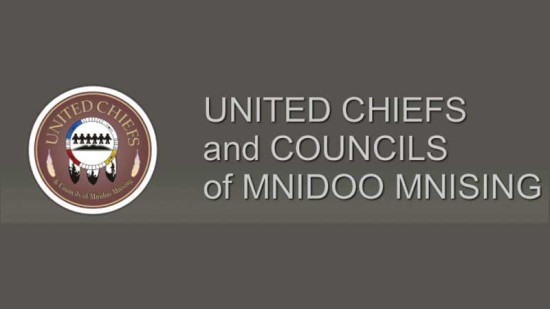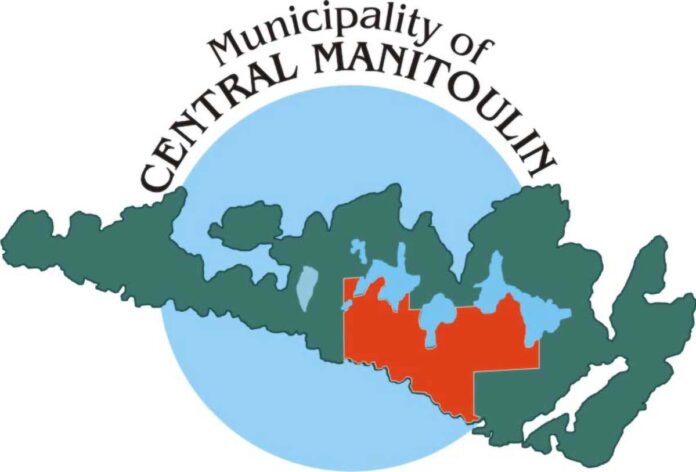MANITOULIN—The ratification vote seeking community buy-in to the Manitoulin Project Settlement has passed, with all communities involved in the $447,900,000 negotiation agreeing to the settlement.
The vote paves the way for the funds to be transferred to the First Nation parties who filed the claims as “full and final settlement” of the claims related to roads, mismanagement of Indigenous land claim funds and water lot claims (IMLF).”
Parties to the Manitoulin Project include Aundeck Omni Kaning, Sheguiandah, Sheshegwaning and Zhiibaahaasing.
Aundeck Omni Kaning passed its 188-member threshold with 374 members voting, 368 voting yes, five voting no and one spoiled ballot.
M’Chigeeng passed its 579-member threshold with 1,030 voting, 1,004 voting yes, 23 voting no and three spoiled ballots.
Sheguiandah passed its 101-member threshold with 226 voting, 221 voting yes and five voting no and zero spoiled ballots.
Sheshegwaning passed its 100-member threshold with 192 voting, 186 voting yes and six voting no, with zero spoiled ballots.
Zhiibaahaasing passed its 40-member threshold with 69 voting, all yes and zero spoiled ballots.
In order to complete the settlement, the First Nations have agreed not to seek and pursue any future legal action against Canada, and further, the First Nations agree that Canada can ask to be indemnified should a third party bring a future claim for the same roads and other items in the agreement—an important consideration as both Wiikwemkoong and other First Nations have competing claims over the same territory.
Under the terms agreed to earlier this year by the negotiators, settlement funds would be transferred to a trust or account designated by the First Nations involved. From there, funds will be distributed according to direction of the UCCMM chiefs.
Under the agreement, a ratification vote must take place that will require at least 25 percent-plus-one of the members of each First Nation to vote, with the majority of those voting choosing to accept the settlement terms.
The Manitoulin Project is an alternative to litigation, which can literally take generations to resolve and cost prohibitive amounts of money. Through this more collaborative approach to the negotiations, the project has followed a more traditional Anishinaabe path to resolution.
The Manitoulin Project claim alleged that the Crown sold lots of land at below market value (thus reducing the trust deposits for First Nations), an allegation easily supported by the Crown’s own advertisements aimed at attracting settlers to the region. Further, the claim alleges that First Nations Trust money went into building roads for the benefit of other parties and that the First Nations Trust Funds obtained through land sales were diverted to purposes unrelated to the First Nations (the aforementioned ILMF).
The negotiations began in 2016 and continued on into last year, with the federal government footing the bill for the process, a process that included numerous independent expert reports to determine the historical financial loss to the First Nations.
Under the agreement, Canada also agreed to provide equitable compensation in line with trending case law for the historical mismanagement and to offer up an apology, as well as funding the ratification process.





